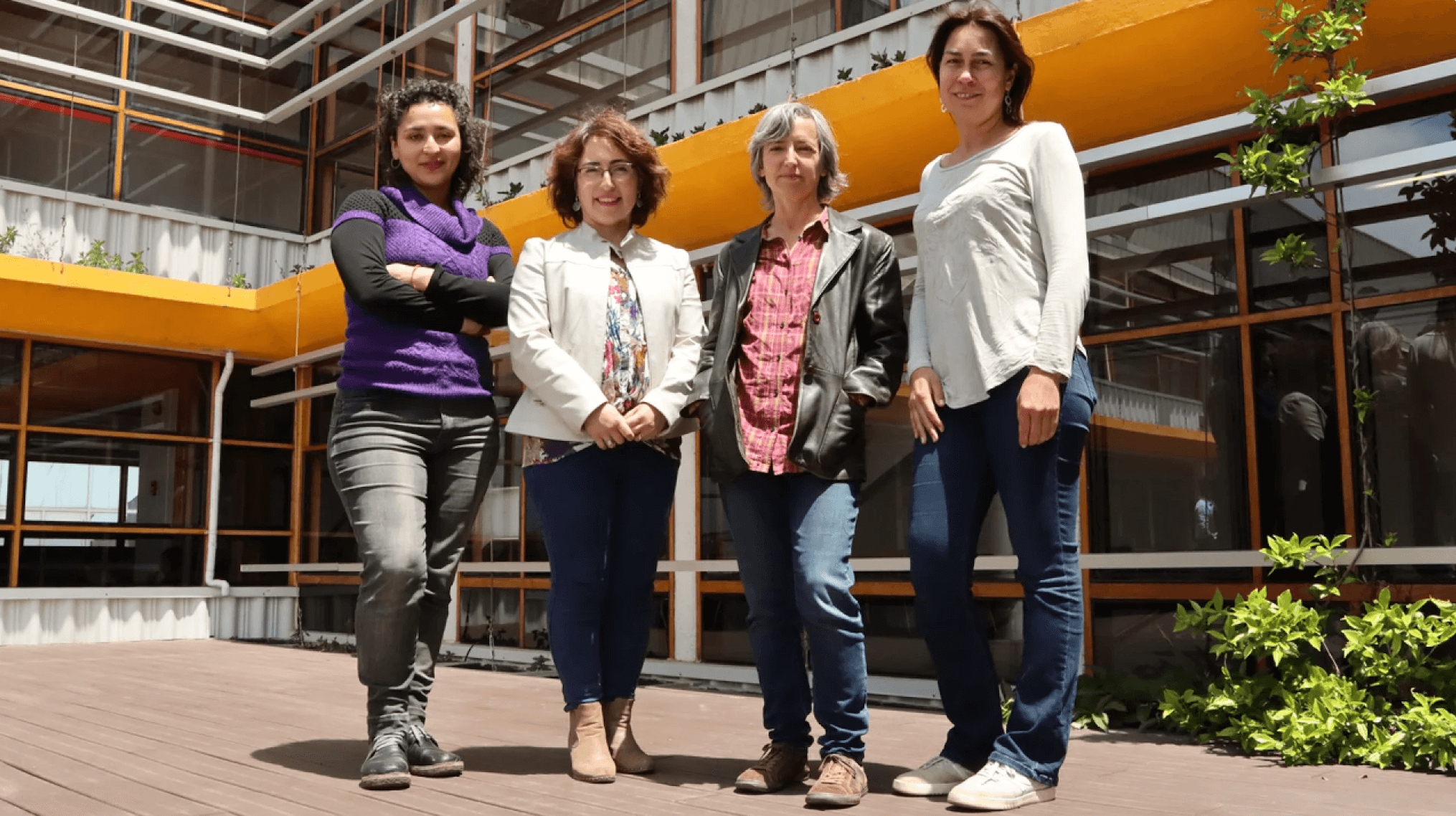Press
Universidad de Valparaíso Wins First Regional Place in Research Anillos Competition
The institution was awarded four projects — all from female researchers — for more than two billion Chilean pesos.
November 14, 2022

Four projects were awarded by the Universidad de Valparaíso (UV) within the framework of the Research Anillos Competition of the National Research and Development Agency (ANID, by its acronym in Spanish).
The awarding of the initiatives — which total funding of more than two billion Chilean pesos — caused great satisfaction and joy in the institution, also because all of them were led by female researchers and represent different areas of knowledge.
This was stated by UV Research Director Oliver Schmachtenberg, who emphasized that "This is an important recognition of the excellence and quality of the science carried out in our university and reflects the success of the institution's gender policy".
He also indicated that "the Research Anillos are collaborative projects where three or more researchers are associated to achieve new discoveries and put knowledge at the service of the community and people, which is in tune with the mission and educational model of the UV, that explicitly states that its educational purposes are based on research and creation".
Projects
From the early monitoring of viruses and the evaluation of changes in marine ecosystems to gender challenges, the benefited initiatives include a wide range of relevant topics that positioned the UV as the first institution at the regional level in terms of the number of projects awarded.
In the area of health, Ximena Collao from the School of Medicine — who is the director of the "One Health Network: Dengue and Emerging Arboviruses of Medical Importance (DEMIV-OH)" project — says that the initiative aims to "develop an observatory for early surveillance in entomovirology that contributes to the promotion, prevention and efficient control of the dengue virus and other arboviruses of medical importance in the territories of Arica and Parinacota, and Rapa Nui".
From the natural sciences, the project "Seals as Dynamic Ocean Observers: Assessing Coastal Oceanographic Changes in Southern Chile with Animal-Borne Instruments" — led by Maritza Sepúlveda of the Institute of Biology — aims to "increase our understanding of ecosystem changes in southern Chilean Patagonia, using a relevant specie of marine predators — the southern elephant seal — as oceanographic samplers".
Meanwhile, the project led by Andrea Vera — an academic from the Institute of Mathematics — entitled "Impact and Approach of the Feminist Complaint in the Framework of the Institutionalization of Gender in Chilean Universities" seeks to understand the critical points of feminist protest in the context of the recent institutionalization of gender policies in Chilean universities, with a view to proposing possible mechanisms to better address the conflicts underlying this institutional order.
Alejandra Ramm — from the School of Sociology and who leads the "Decentering Gender Inequalities" project — points out that this proposal seeks to analyze gender inequalities in relation to violence, work and higher education, through the study of regional and local practices in the Valparaíso Region, in order to propose gender equality policies that are innovative and relevant to these areas.
Likewise, Luis Alegría — from the Institute of History and Social Sciences — participates as an associate researcher in the proposal awarded "Mestizo Cultural Heritage and Valorization of Local Culture: Forgotten Lessons of the Cold War".
Article from the Universidad de Valparaíso news archive